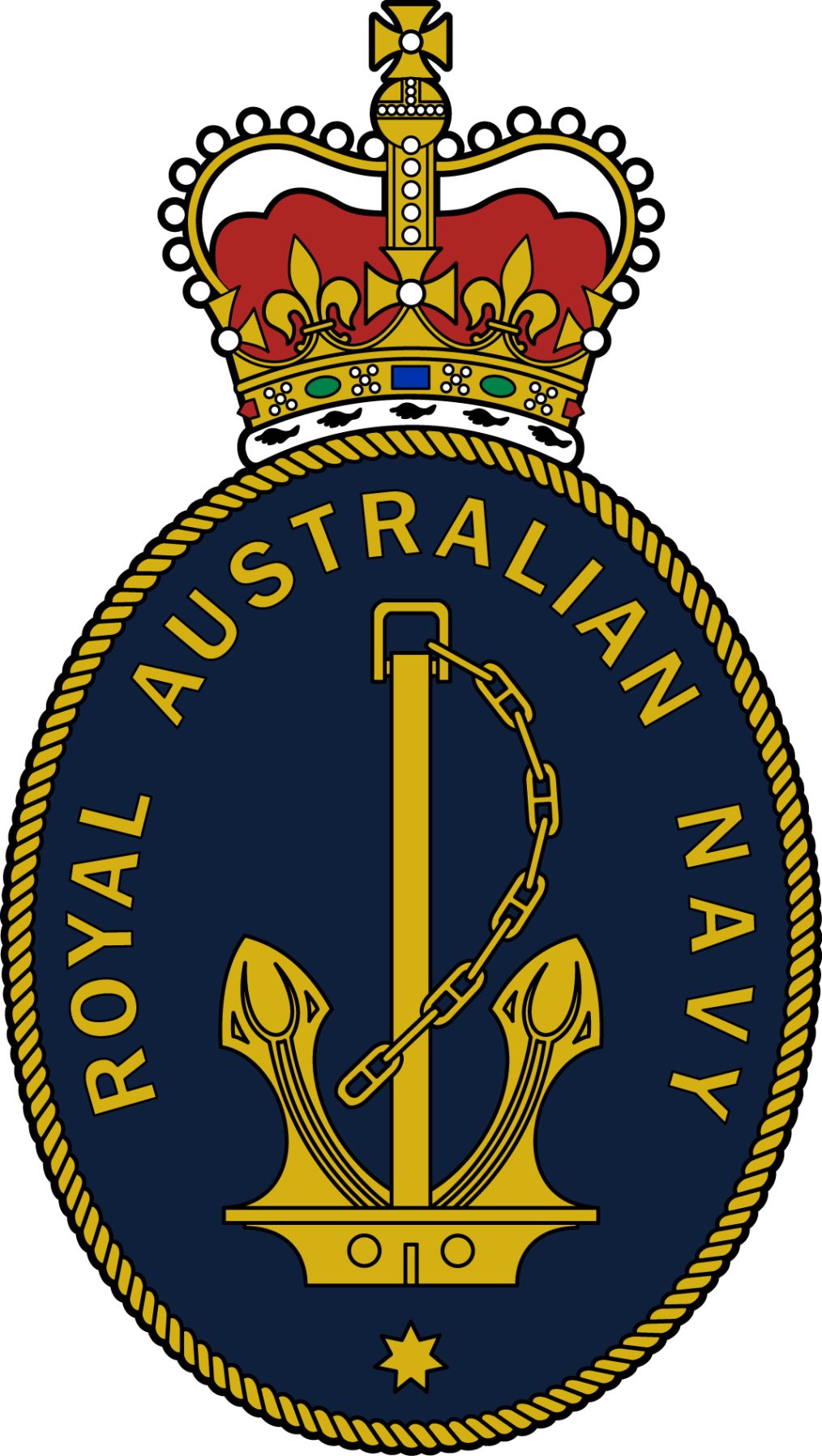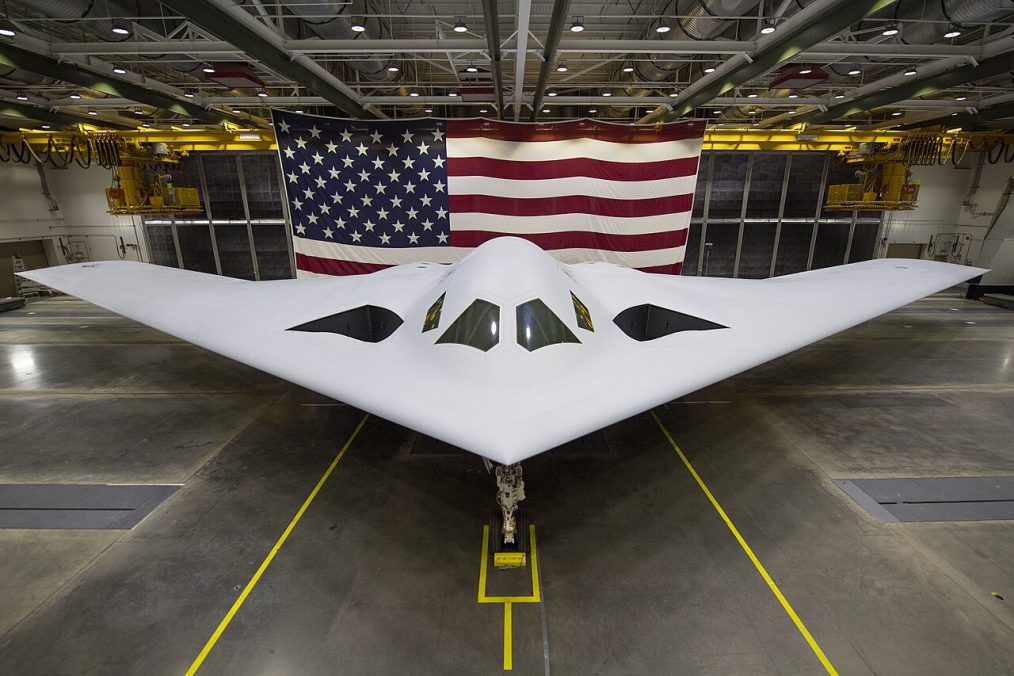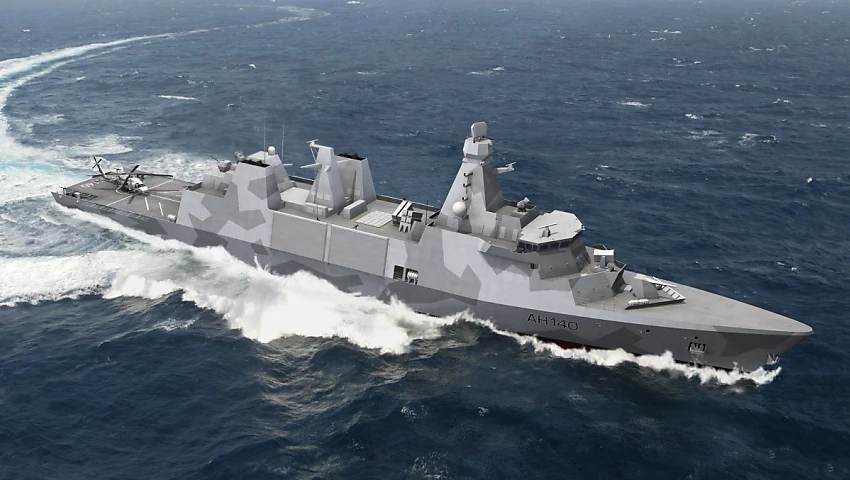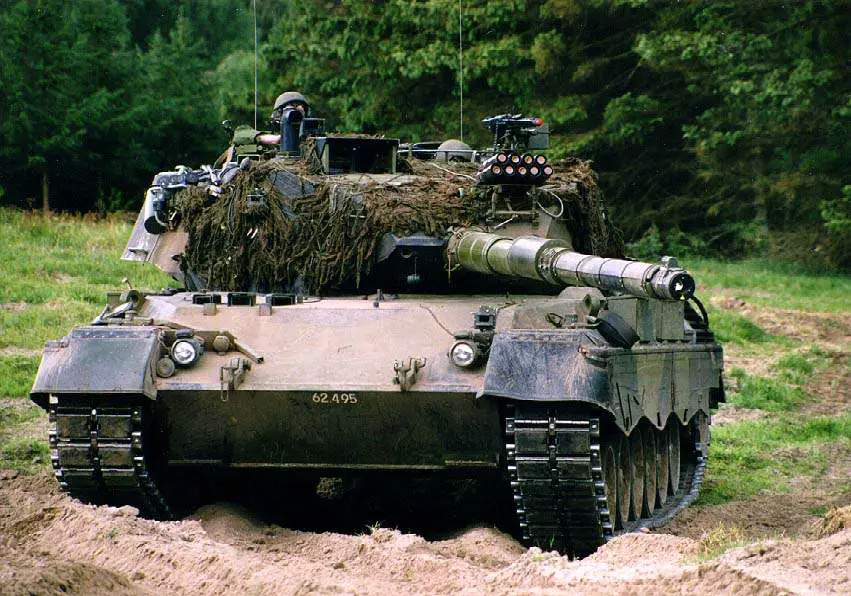The Spectator Australia
LEAD ARTICLE
There is a rather delicious irony in the timing of Sky News’s documentary about the chaos, destabilisation, backstabbing and all-round mayhem of the Turnbull/Morrison years. In the last few weeks, the Coalition under Peter Dutton is finally resembling the conservative powerhouses of the Howard government and Abbott opposition; certainly for the first time since Machiavellian Malcolm and Lady Julie Macbeth began their dastardly plotting and treachery back in 2014. As readers of this magazine have known all along, the problem within both the Liberal and National parties has been the bedwetting brigade, and the damage they have done to this nation. Nothing else.
The antidote to chaos and confusion is of course conviction. Under the leadership of Mr Dutton, ably helped by the Nationals, the Coalition found their mojo when they decided to oppose the Voice. As we argued at the time, this symbolised much more than taking a side in a constitutional referendum. Rather, it was the first moment since the election of Tony Abbott that the centre-right genuinely stood for something and was prepared to fight on a point of principle. It would now appear, again as we predicted, that having enjoyed such success on 14 October, comprehensively trouncing the combined forces of political, bureaucratic, academic, corporate and media wokery, Mr Dutton and the Coalition have found a taste for it. Welcome to the culture wars, ladies and gentlemen.
From the moment the world first heard of the horrors, the murders and the barbaric rampage by an indescribably evil mob of Hamas and Palestinian thugs on 7 October, Anthony Albanese’s Labor government has been completely at sea, rudderless and floundering in an ocean of political correctness, self-interest and antisemitism. Ministers have contradicted each other, making ignorant and dangerous accusations of ‘collective punishment’, insultingly preaching to Israel to ‘follow international law’ (as if they weren’t already doing so), banging on about quasi-fabricated ‘Islamophobia’ and engaging at every opportunity in the sinister game of moral equivalency between Hamas and the Israelis.
In contrast to Labor, whose default position appears to be indistinguishable from that of your average flag-waving undergraduate activist, the Liberal party under Peter Dutton is clear in its convictions and unswerving in its support for Israel. This is to be applauded. Not because Israel is an important ally, which it is, nor because Hamas is a proscribed terrorist organisation, which it also is, but because political leadership demands from time to time moral leadership. And moral clarity. To wit; there was a ceasefire and it was broken on 7 October by Hamas.
To quote one of Australia’s greatest journalists, now living in New York, Miranda Devine: ‘War is hell but it really isn’t hard to know which side to support –and it’s not the one that bakes a baby alive in an oven, gang rapes women, and hacks an injured man’s head off with a shovel.’
Peter Dutton’s call for a national cabinet on antisemitism is a smart idea built on strong principles. This magazine is not a fan of national cabinets per se, but in this instance we recognise the importance. Equally important has been Mr Dutton’s criticism of the High Court decision to release into our community a bunch of serious criminals and his opposition to the Prime Minister’s endless overseas engagements which increasingly appear to be nothing more than a desperate attempt to avoid being anywhere near his colleagues. A sentiment we can only sympathise with.
Mr Dutton is heading towards the Lodge. If he sticks to his guns on these and other issues, such as on energy (we urge to him abandon net zero) and the economy, that path will become ever easier.











